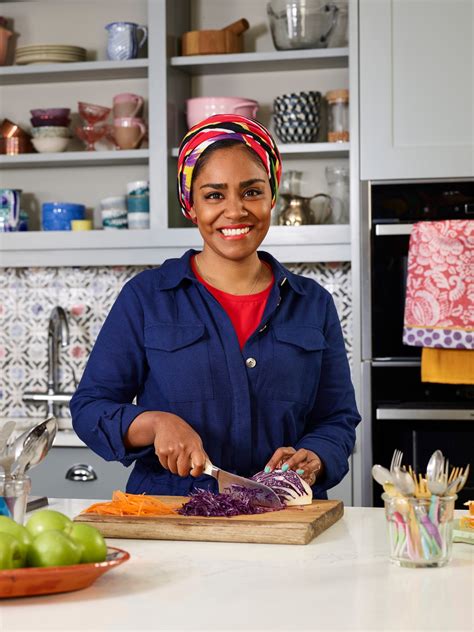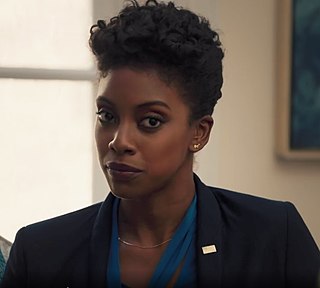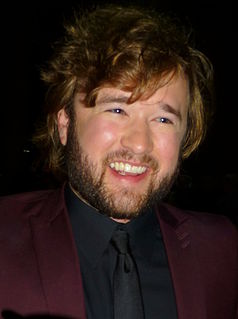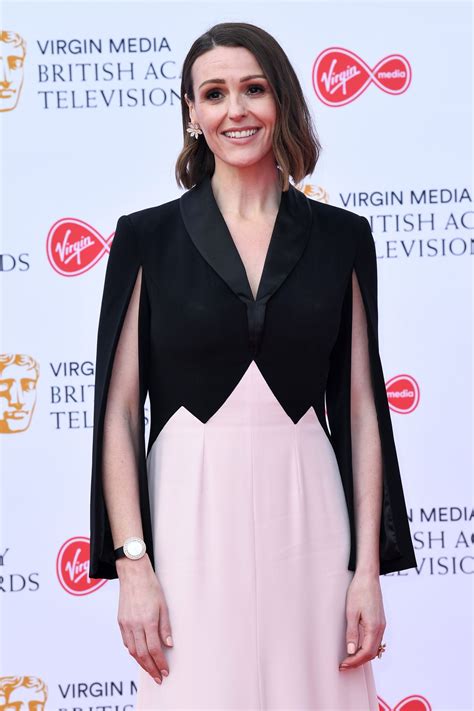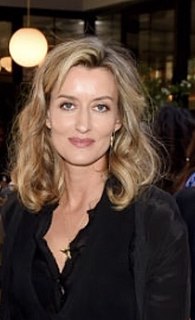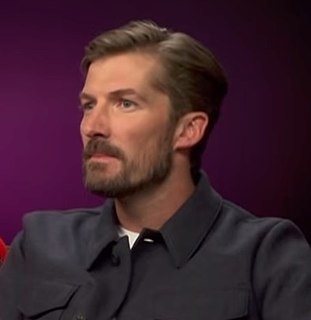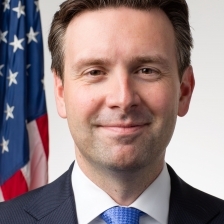A Quote by Nadiya Hussain
My grandmother spent a lot of time with us when we were growing up. She did the school runs and fed us when my mum was busy. To be with her was to really be at home.
Related Quotes
Nearly every morning, a certain woman in our community comes running out of her house with her face white and her overcoat flapping wildly. She cries out, "Emergency, emergency," and one of us runs to her and holds her until her fears are calmed. We know she is making it up; nothing is has really happened to her. But we understand, because there is hardly one of us who has no been moved at some time to do just what she has done, and every time, it has taken all our strength, and even the strength of our friends and families, too, to keep us quiet.
When I was growing up my mom was home. She wanted to go to work, but she waited. She was educated as a teacher. The minute my youngest sister went to school full-time, from first grade, mom went back to work. But she balanced her life. She chose teaching, which enabled her to leave at the same time we left, and come home pretty much the same time we came home. She knew how to balance.
My mom teaches sixth grade and also taught first grade at one point. She's into dressing up and costumes and designing her own curriculum that way. She stayed home for about eight years with me and my sister when we were young before going back to teaching, so we had a lot of time with her. She taught us to read really early.
I grew up in London, one of four children. We were a very loud family, not a lot of listening, plenty of talking. My mum was a hearth mother: she loved to gather us all around her - Sunday lunches were a big thing. She was very good at thinking on her feet - people used to say she should go into politics.
One thing I did have under my belt was, my mother lost her mother when she was 11. She mourned her mother her whole life and made my grandmother seem present even though I never met her. I couldn't imagine how my mom could go on but she did, she took care of us, she worked two jobs and had four children. She was such a good example of how to conduct oneself in a time of grief. When I lost my husband, I tried to model myself as much as I could on her.
Sometimes, she said, mostly to herself, I feel I do not know my children... It was a fleeting statement, one I didn't think she'd hold on to; after all, she had birthed us alone, diapered and fed us, helped us with homework, kissed and hugged us, poured her love into us. That she might not actually know us seemed the humblest thing a mother could admit.
It's right around this time that her Grandmother Hall dies. And Eleanor Roosevelt is responsible for making all the funeral arrangements. And there are a couple of things that she really understands, as she contemplates her grandmother's life and makes the funeral arrangements. One, she's really talented, an organizational woman. She knows how to do things. She begins to compare her life to her grandmother's life. And it's very clear to her that being a devoted wife and a devoted mother is not enough.
My granny was very concerned that we weren't baptised - Mum had been desperate to escape her own Catholic upbringing. But Granny thought we were blighted. Whenever we turned up at her house, she would flick holy water - from the font she kept by the door - over us, in the hope that it would save us from damnation.
There are four of us, and we were all born in different cities because my dad worked all around the place. We settled in Birmingham, so I spent most of my time growing up there. We were all given very Welsh names - Geraint, Owen, Rhiannon and Gwilym. My mum's called Cainwen, and my dad is somewhat disappointingly called Tom.
My mom's younger sister was born with Down syndrome. I was close to my grandmother when I was growing up. I remember talking to my grandmother about politics, and she told me that she regularly voted for the Democrats because she knew that they were going to look out for people like her daughter. That made an impression on me, too.
